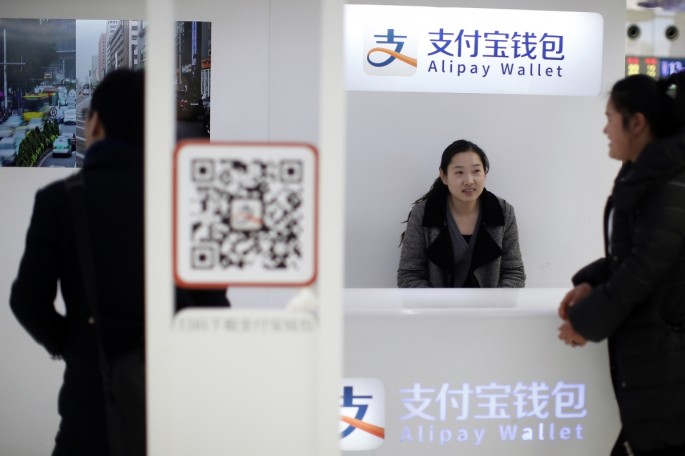The People's Bank of China (PBOC), the country's central bank, proposed that the size of third-party online payment transactions be limited for security purposes, ensuring the safety of the consumers' money and information.
The proposal, which was released on Friday for public consultation, stated that the range of shoppers' spending budget should fall only between 1,000 to 5,000 yuan. The daily limit will also depend on the system's security checks.
If the online payment platform has only one qualification check, the limit would be 1,000 yuan per day. On the other hand, if the system has two or more checks, but is lacking of digital certification and signature, the limit will be 5,000 yuan.
Meanwhile, parties with both signature qualification and digital certification checks will be exempted from the proposed monetary restrictions.
According to the PBOC proposal, if consumers will exceed the set limit, they would have to be transferred to banking payment methods.
Consumers with accounts limited to shopping payments will be allowed to consume not over 100,000 yuan each year. Additionally, those with more premium accounts will have a yearly limit of 200,000.
Furthermore, the country's central bank will ban third-party payment portals from opening accounts catering financial businesses.
A source from the PBOC revealed that the proposal is based on a 2014 survey about the average spending of Chinese consumers via third-party online payment.
However, the proposal earned ire and dissatisfaction from online Chinese consumers.
In a Barclays report, the move is seen as a way to increase consolidation and strengthen the status of dominating players in the industry, such as Alipay, which controls half of the market.



























